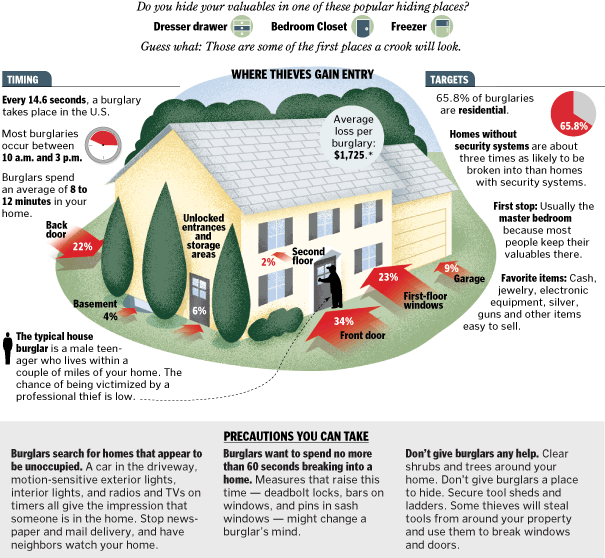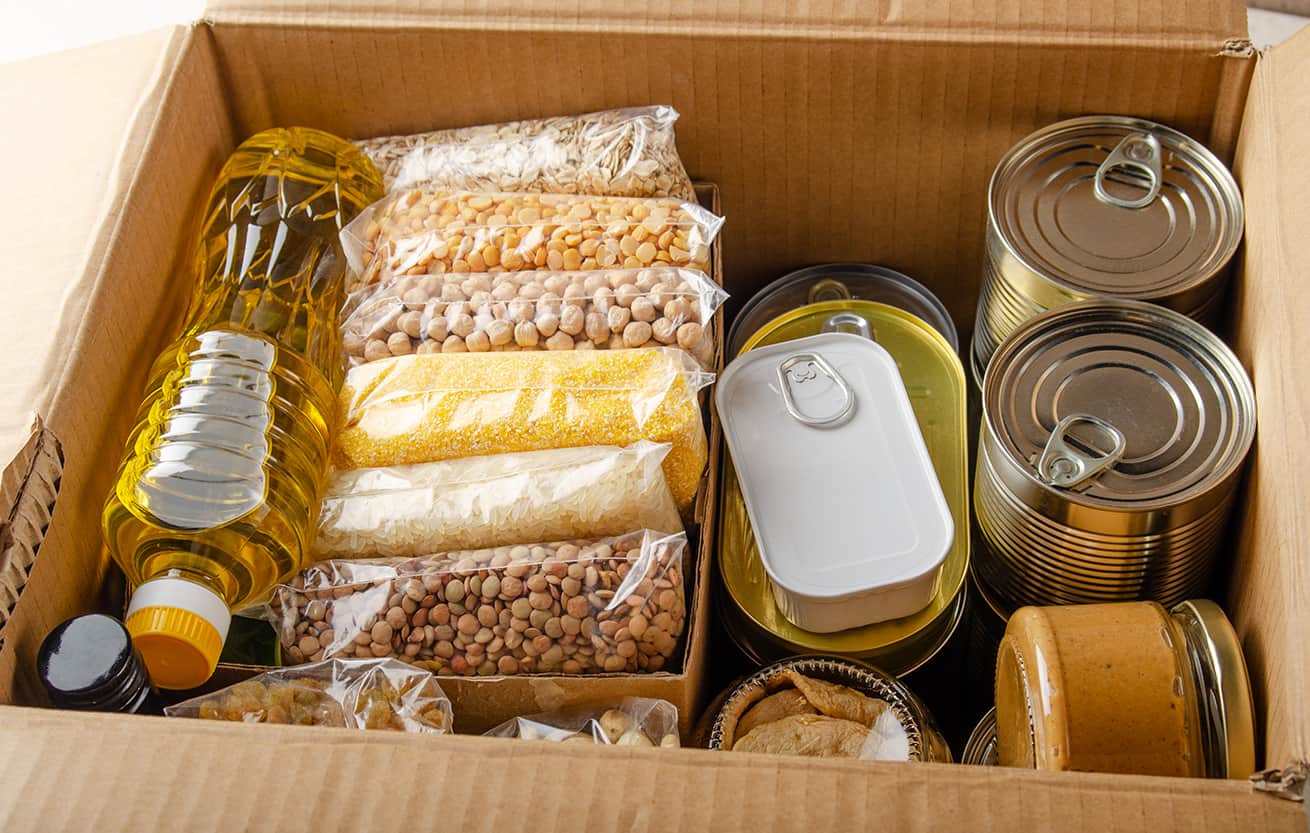Essential Food and Supplies
Stocking up on non-perishable food items
During times of economic uncertainty, it’s important to be prepared for any situation, including a potential depression. One crucial step to take is stocking up on non-perishable food items. These are food items that have a long shelf life and can be stored for an extended period of time without spoiling.
Non-perishable food items can include canned foods (such as vegetables, fruits, and meats), dried goods (like rice, pasta, and beans), and various other packaged goods (such as cereal, peanut butter, and granola bars). By having a supply of these items, you can ensure that you have access to nourishing food even if economic conditions worsen.
Importance of having a water supply
In addition to food, having a sufficient water supply is essential during a potential depression. Water is a basic need for survival, and disruptions in the economy can impact water availability. It’s recommended to store at least one gallon of water per person per day for drinking and hygiene purposes.
To ensure a clean and safe water supply, consider investing in water purification methods such as water filters or tablets. This will allow you to make use of alternative water sources such as rivers or rainwater if necessary.
Being prepared with these essential food and supply items can provide you and your family with peace of mind during uncertain times. It’s always better to be proactive and have a plan in place rather than being caught off
Financial Preparedness
Preparing for a possible economic downturn or depression is a wise move for anyone. Being proactive in managing your finances can help provide stability and security during difficult times. Here are two key steps to take in order to be financially prepared for a potential depression:
Building an emergency fund
Having a substantial emergency fund is crucial during times of financial uncertainty. Aim to save at least three to six months’ worth of living expenses. This fund can serve as a safety net to cover essential expenses, such as rent or mortgage, utilities, and groceries, should your income be affected. Start by setting aside a portion of your income each month specifically for your emergency fund.
Evaluating and adjusting your budget
It is essential to assess your current spending habits and make necessary adjustments. Look for areas where you can cut back on non-essential expenses and redirect those funds towards savings. Create a realistic budget that includes the essentials and allows for savings contributions. By being mindful of your spending and actively managing your budget, you can better navigate through a financial downturn.
Remember, being financially prepared for a depression requires proactive planning and saving. Taking these steps can help provide a level of stability and peace of mind during uncertain times.

Basic Medical Supplies
Preparing for a depression involves taking a proactive approach to ensure your well-being and that of your family. One essential aspect of preparation is stocking up on basic medical supplies. Here are some key items to consider before a depression hits:
First aid kit essentials
Having a well-stocked first aid kit is crucial in times of crisis. It should include:
- Bandages of various sizes
- Adhesive tape
- Antiseptic ointment
- Pain relievers
- Thermometer
- Tweezers
- Scissors
- Disposable gloves
- Cotton balls and swabs
Prescription medications and refills
If you or any family member rely on prescription medications, make sure to have an adequate supply on hand. This includes refilling prescriptions before they run out. It is also important to keep a record of the medications, dosage instructions, and any allergies for easy reference.
By having these basic medical supplies readily available, you can ensure proper care and treatment during difficult times. Remember to regularly check and replenish your supply to stay prepared.

Safety and Security
In uncertain times, it’s essential to prioritize safety and security. If you’re concerned about preparing for a potential depression, there are a few key items that you should consider investing in.
Home security measures
- Security System: Installing a reliable security system can help protect your home and belongings. Look for one with features like motion sensors, video surveillance, and 24/7 monitoring.
- Lighting: Adequate outdoor lighting can deter potential intruders. Consider installing motion-activated lights around your property.
- Secure Doors and Windows: Reinforcing entry points with solid doors, deadbolt locks, and window security film can make it more difficult for burglars to break in.
Emergency communication devices
- Portable Radio: During a depression, access to accurate information becomes crucial. A battery-powered portable radio will allow you to stay updated on news and emergency broadcasts.
- Emergency Phone Charger: A portable charger or a solar-powered charger can ensure you have a reliable power source for your phone during a power outage.
- Two-Way Radios: In case of disrupted communication networks, two-way radios can help you stay in touch with family members or neighbors nearby.
Remember, these are just a few suggestions to enhance your safety and security during challenging times. It’s essential to assess your specific needs and take any additional measures that align with your circumstances.

In uncertain times like a depression, it becomes crucial to be prepared and self-sufficient. While no one wants to think about it, being prepared can provide peace of mind and help mitigate the impact of a financial crisis. Here are a few key things to consider buying before a depression to increase self-sufficiency.
Gardening and growing your own food
Investing in gardening supplies and learning how to grow your own food is a wise choice. Not only will you have access to fresh produce, but it will also reduce your dependence on grocery stores and the fluctuating prices of food. Consider buying seeds, gardening tools, and resources on how to effectively cultivate fruits and vegetables.
Learning basic survival skills
In a challenging economic situation, knowing basic survival skills can be invaluable. Learning skills like starting a fire, purifying water, and basic first aid can make a significant difference during a crisis. Stock up on survival guides, camping gear, and essential supplies to ensure you are prepared for any situation.
Remember, being self-sufficient is a journey, and it’s essential to start taking steps now to prepare for any unforeseen circumstances. By investing in gardening supplies and learning basic survival skills, you can increase your resilience and minimize the impact of a depression.
